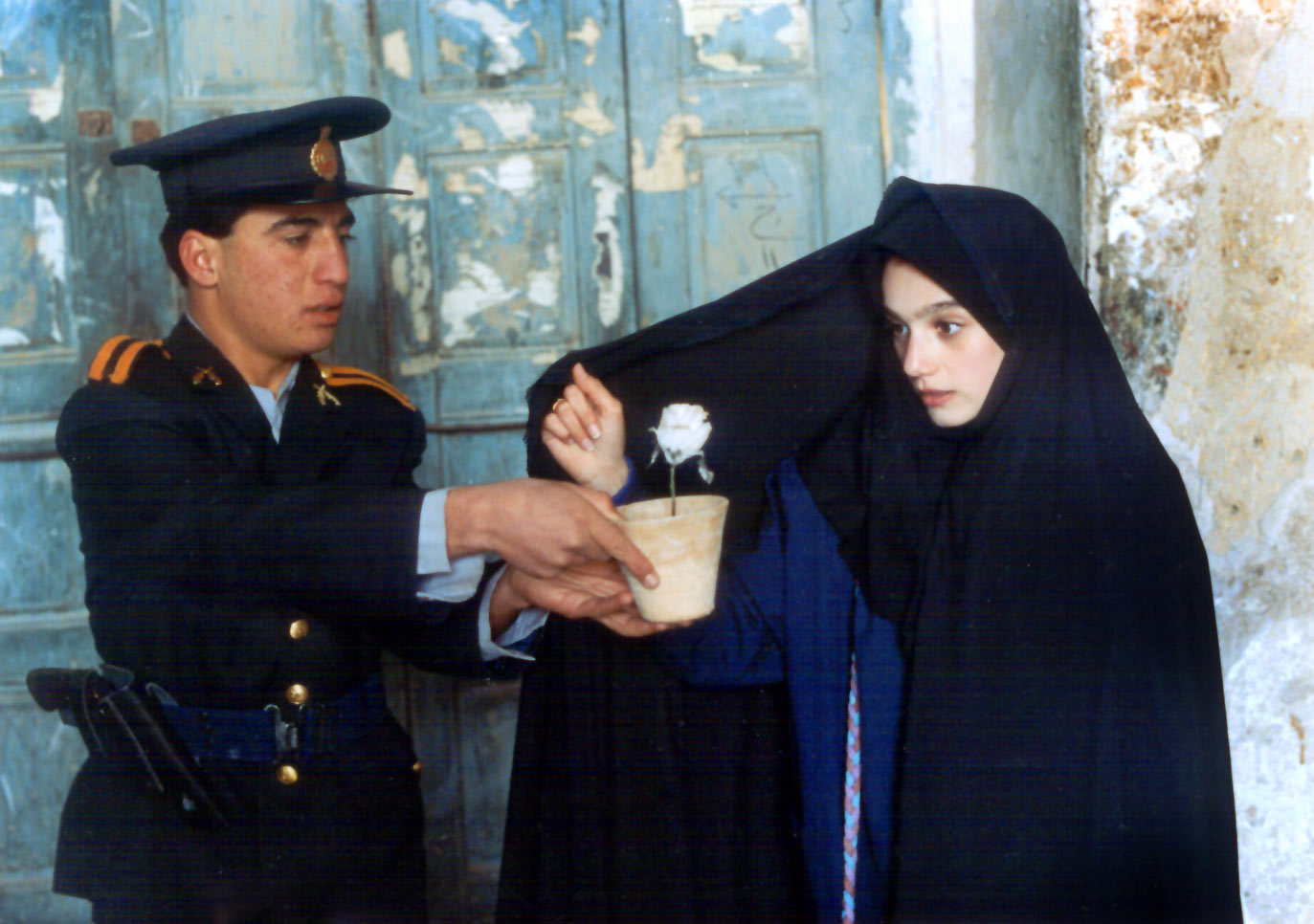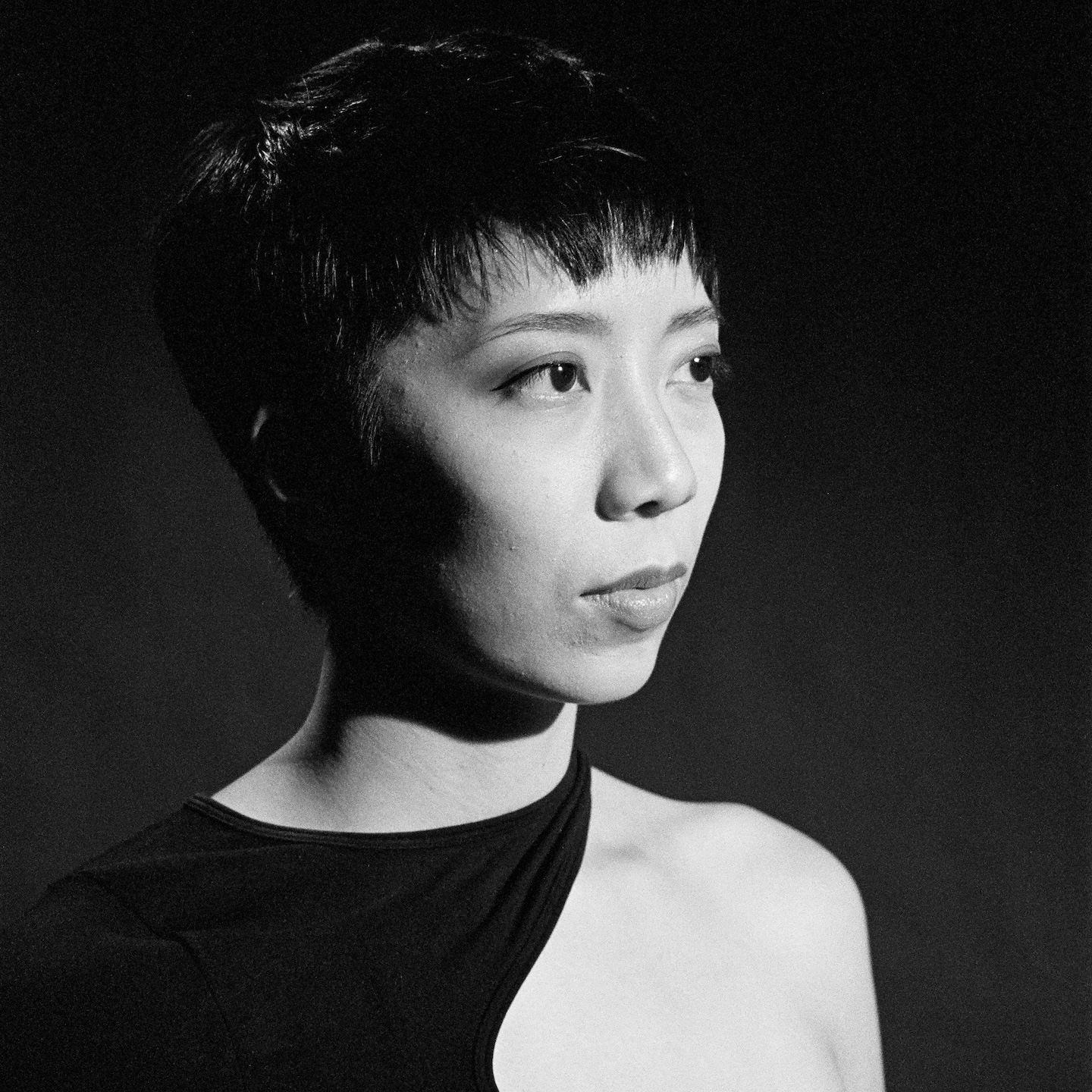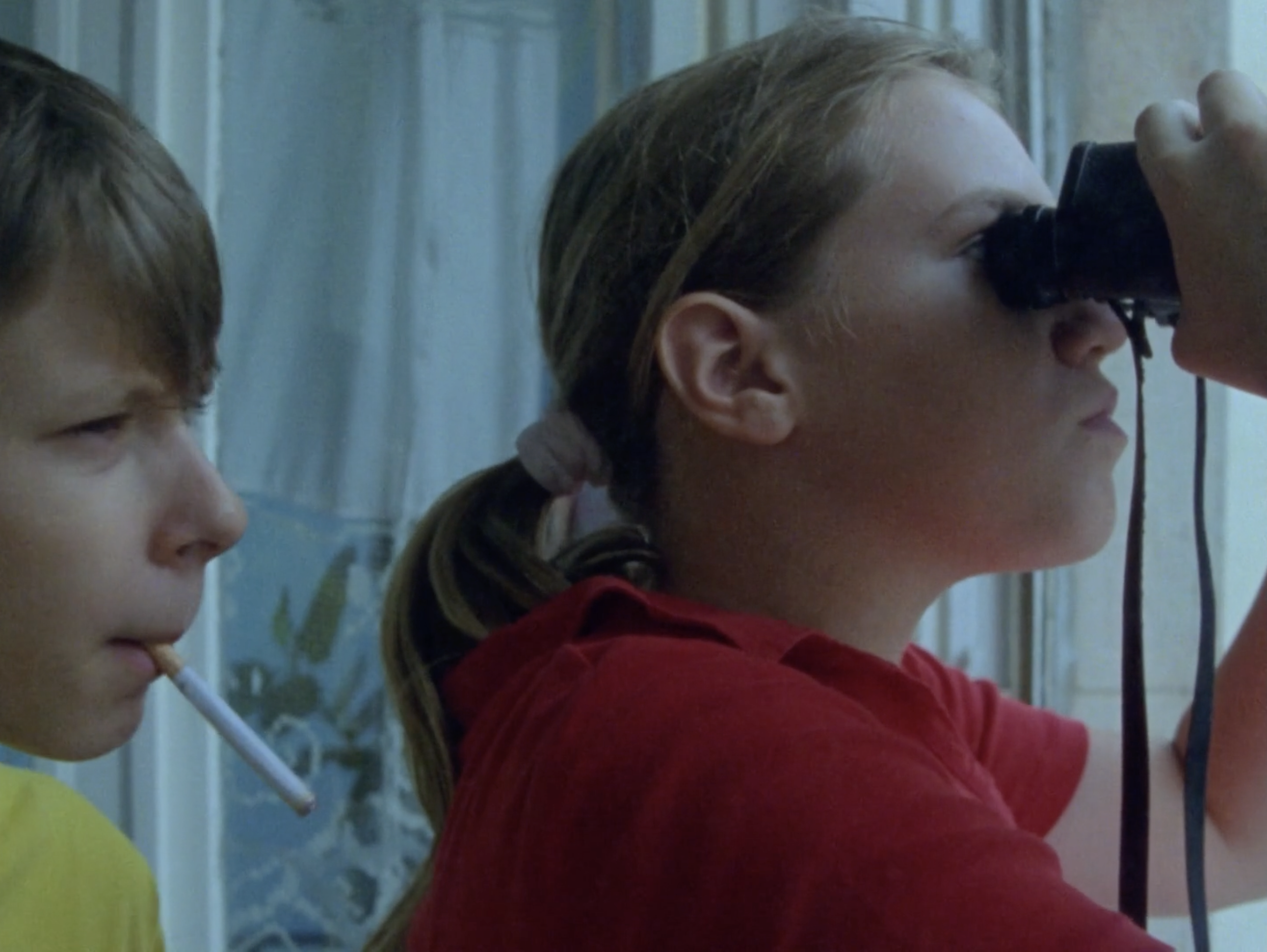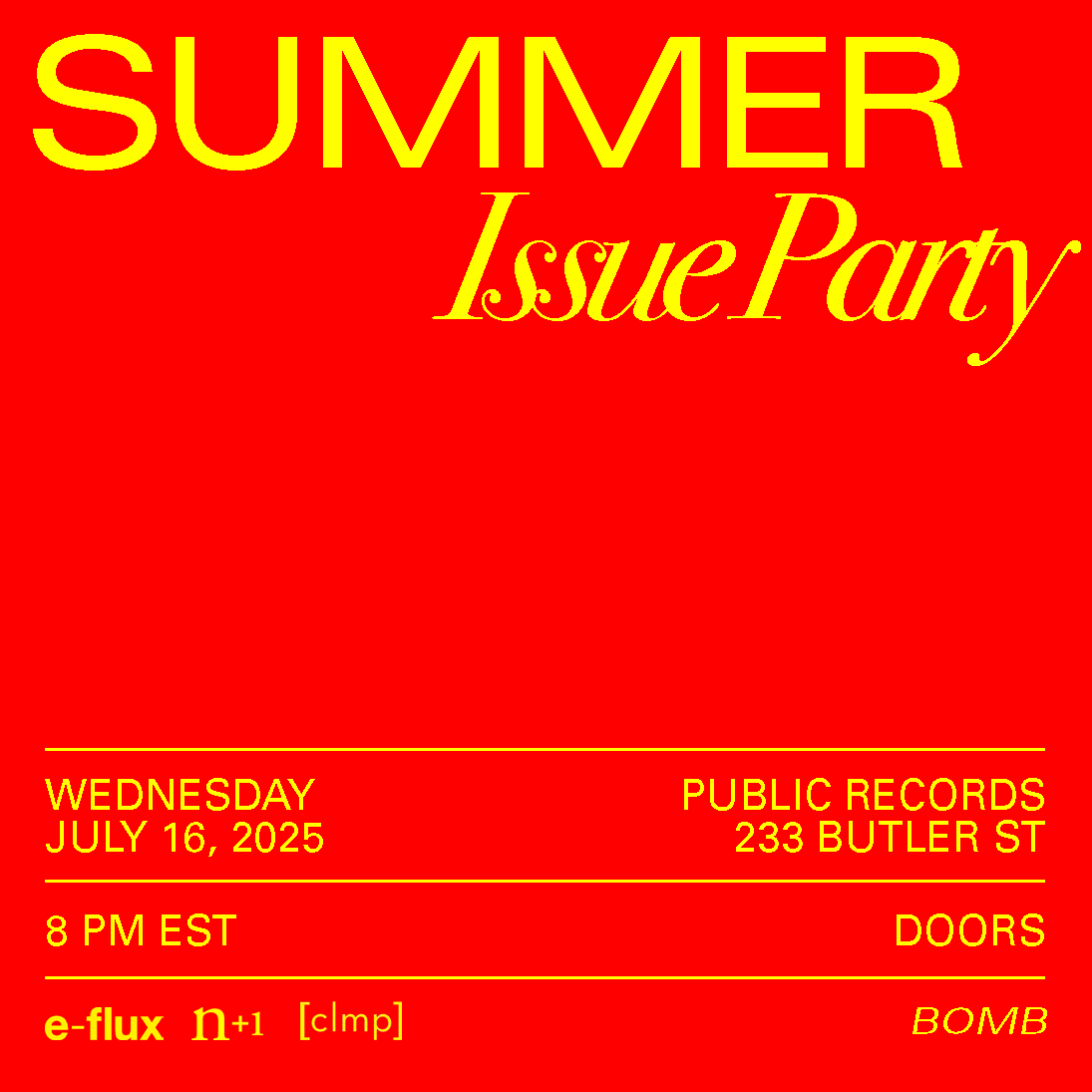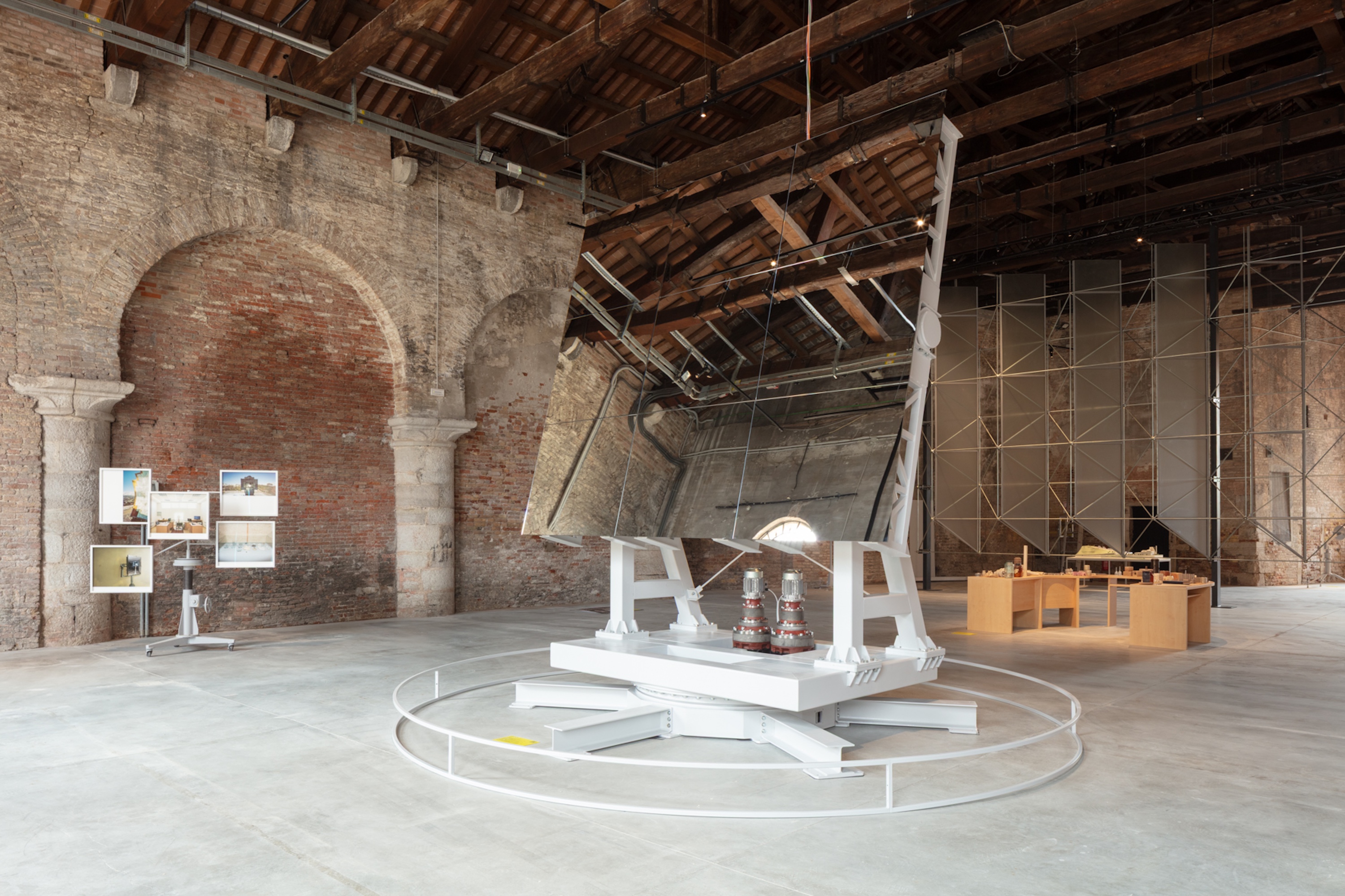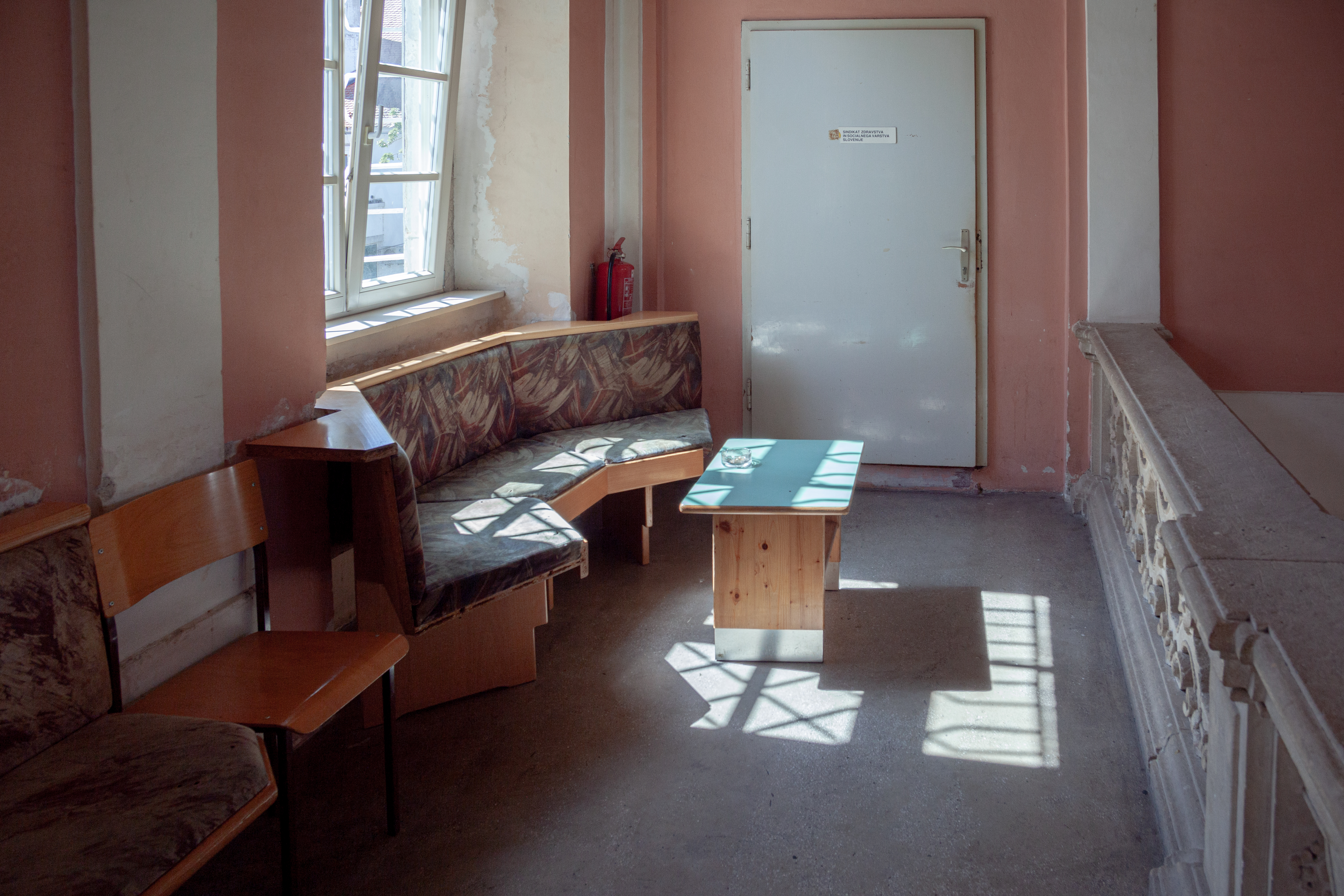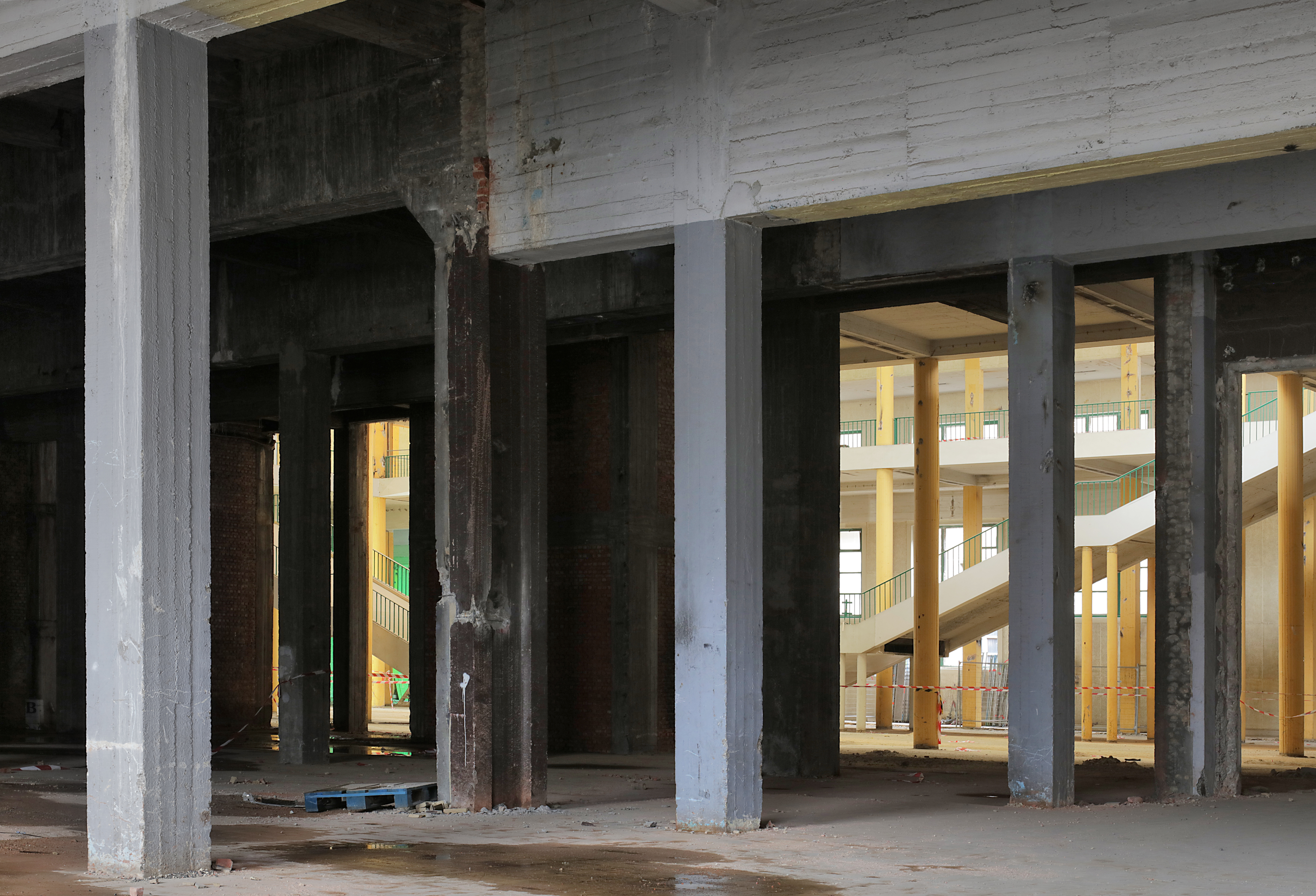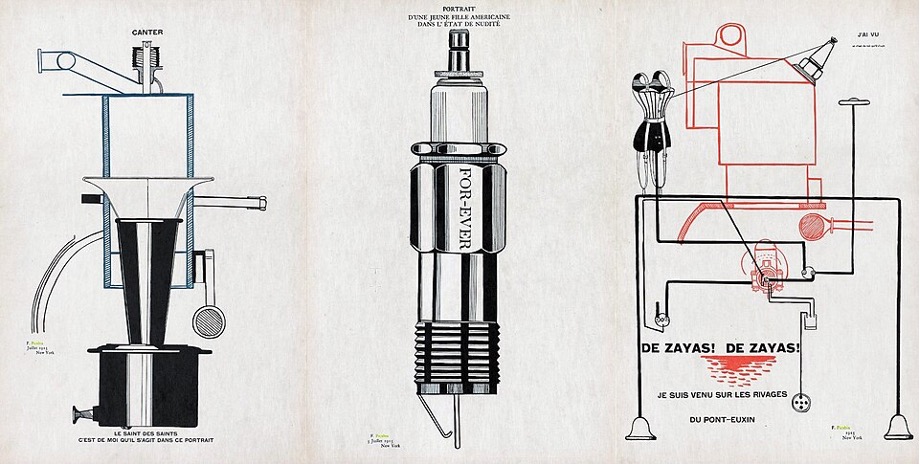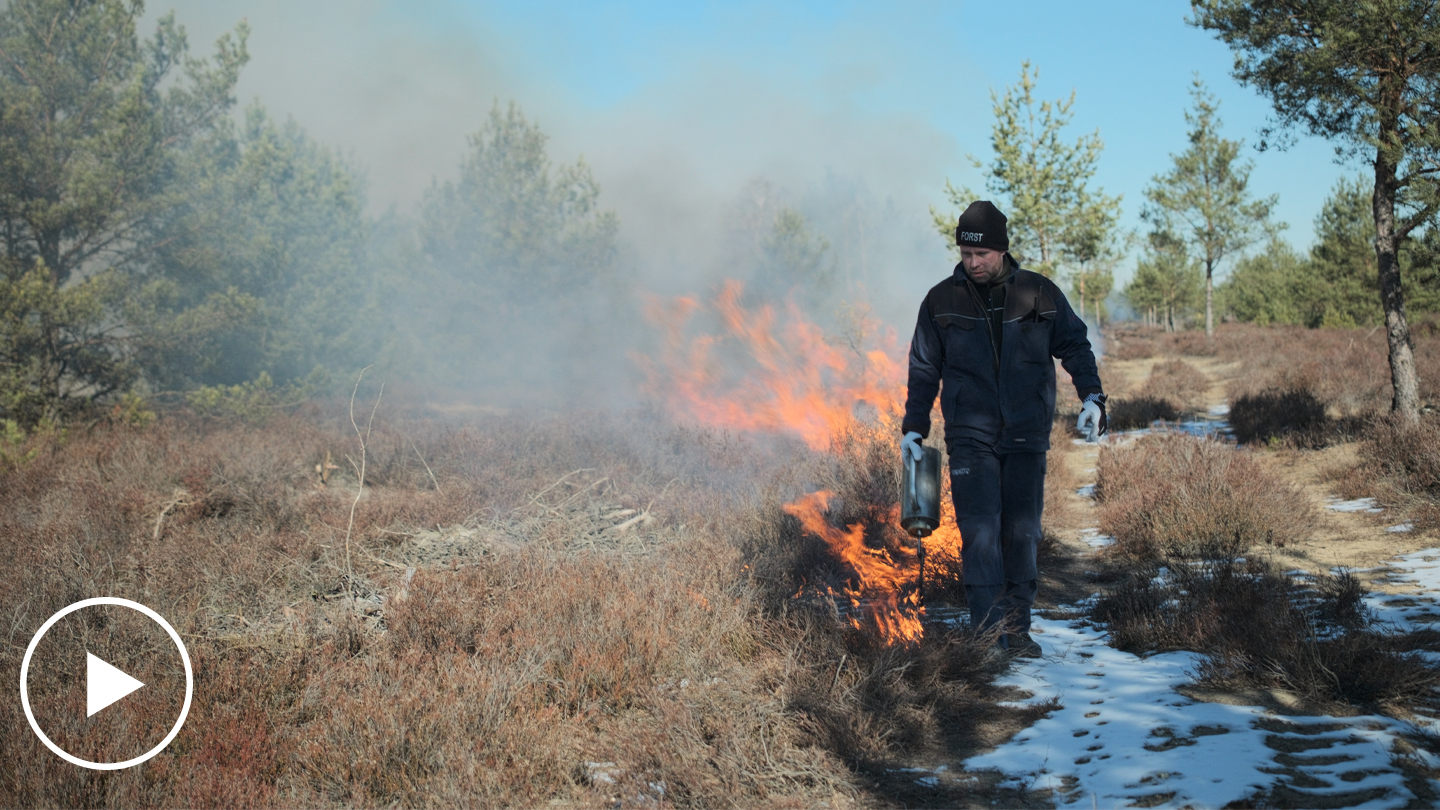All Men Become Sisters
23 October 2015–17 January 2016
Muzeum Sztuki ms2
19 Ogrodowa St.
Lodz
Poland
Artists: Berwick Street Film Collective, Pauline Boudry/Renate Lorenz, Sarah Browne, Agnieszka Brzeżańska, Jan Czapliński, Ines Doujak in cooperation with John Barker, Köken Ergun, Hackney Flashers, Krystyna Gryczełowska, Margaret Harrison, Elżbieta Jabłońska, Birgit Jürgenssen, Irena Kamieńska, Ola Kozioł/Suavas Levy, Nalini Malani, Marge Monko, Şükran Moral, Teresa Murak, Letícia Parente, Agnieszka Piksa, Marcin Polak, Aleksandra Polisiewicz, Raqs Media Collective, R.E.P., Alicja Rogalska, Daniel Rumiancew, Jadwiga Sawicka, Allan Sekula, Jo Spence, Rosemarie Trockel, Agnès Varda, Mona Vǎtǎmanu/Florin Tudor, Zorka Wollny
Curator: Joanna Sokołowska
In the factories, in the offices, in the hospitals, in old people’ s homes, online, in the kitchens, in the museums, in the movie theatres, we are married! Married to a straight white guy called ‘the economy’. The only thing to do is to ask for a divorce, and a huge settlement.
— Pauline Boudry/Renate Lorenz, Charming for the Revolution, 2009
The exhibition All Men Become Sisters and its accompanying performative program proposes a feminist appropriation of the idea of brotherhood, and negotiates and mediates social alliances through the concept of sisterhood—a category, which has the potential to transgress gender boundaries. The main battleground of this struggle is the sphere of labour and production, as well as reproduction of life. The presented artworks act as the means of diagnosis, transformation and interventions in the areas of memory, affects, meanings and imagination.
The point of departure of All Men Become Sisters is the critique of the economic oppression of women articulated by the international feminist art movement of the 1960′s and the 70′s. One of the areas of interest for female artists and collectives was the issue of unpaid care work, as well as the invisible, marginalized and privatized sphere of the household. The goal of artistic actions—undertaken with the help of diverse media, including agitprop exhibitions, social campaigns, performances and documentary films—was the incorporation of the aforementioned topics into the public sphere and the field of political economy, and, as a result, the revaluation of reproductive labour, performed mainly by women. A further objective was to draw on the experiences of the labour of love involved in caring for others in order to change the ways, in which we define the goals and subjects of economy. Other debated topics included the discrimination of female wage workers, the high feminization of professions of low social prestige, and wage inequality. These discussions were supplemented by attempts at decolonizing the female body, both through contesting sexist and commodifying representations and feminist appropriations of such images.
The exhibition takes up these, still unresolved, social struggles and inscribes them into a set of issues brought on, displaced and intensified by globalization. It is against this backdrop that exploitation of gender difference intersects with other factors such as race, social class, ethnicity and nationality, species, as well as differences between peripheral and central economies, all of which are used to generate inequality and perpetual accumulation of capital. The presented artworks address these complex, interrelated mechanisms and patterns of dominations in order to question their pretensions to cognitive hegemony. They also resonate with current changes in the way we think about cultivating life on Earth.
A further historical reference for the exhibition, a number of new artworks and performative events is the history of female textile labourers in Łódź, who spent their lives in an industry, which shaped the working class reality of the city.
For further information, please contact: b.filanowski@msl.org.pl
Exhibition architecture: Krzysztof Skoczylas Coordinator: Martyna Gajda
Graphic design: NOVIKI
Production of works of Jan Czapliński and Zorka Wollny: Marta Olejniczak/ Kazimierz Dejmek’s Teatr Nowy in Łódź
Co-production of the work of Aleksandra Polisiewicz: Anna Lisiewicz/Muzeum Fabryki in Łódź
Partners: Kazimierz Dejmek’s Teatr Nowy in Łódź Muzeum Fabryki in Łódź


